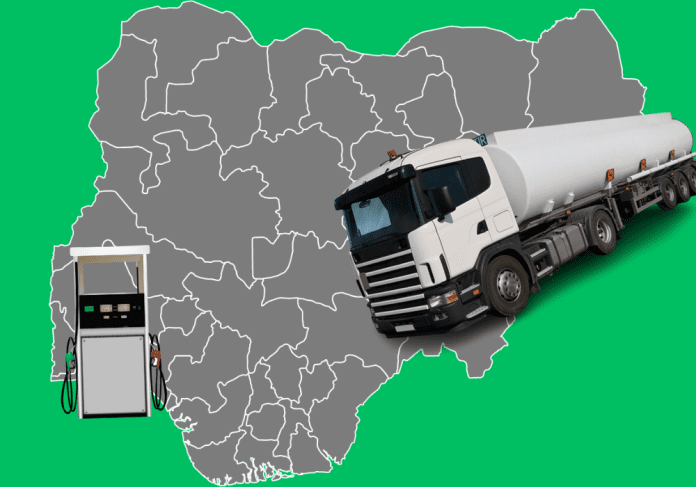The National Economic Council (NEC) has suspended its fuel subsidy removal plan in Nigeria by the end of the Buhari administration. However, discussions concerning it will go on and everything points at June 2023 as the new date.
News reports said that the decision was the outcome of a meeting that Vice President Yemi Osibanjo presided over in Abuja. The Minister of Finance, Budget and National Planning, Zainab Ahmed, spoke to State House correspondents about the update on subsidy removal, after the meeting.
“Council agreed that the timing of the removal of fuel subsidy should not be now. But that we should continue with all of the preparatory works that need to be done and that this preparatory has to be done in consultation with the states and other key stakeholders including representatives of the incoming administration,” Ahmed said.
However, she reiterated that the council agree that subsidy is not sustainable. “We cannot afford it anymore,” the Federal minister said. “But we have to do it in such a way that the impact of the subsidy is as much as possible, mitigated on the lives of ordinary Nigerians.”

Fuel subsidy has been in place for decades in Nigeria, allowing the government to set retail prices of petroleum products. This move has come at the detriment of the country’s ability to develop other areas. The initial plan, announced in November 2021, was to replace subsidy with a â¦â5,000 transport grant for poor Nigerians.
Nigeria Labour Congress (NLC) and Trade Union Congress (TUC) had opposed the announcement at the time. They threatened mass protests that would cripple the country. This was not the first time this happened. Under President Goodluck Jonathan administration, there was a 12-day nationwide protest tagged ‘Occupy Nigeria‘ after he announced subsidy removal. He had to put it back in place.
Fuel Subsidy in Nigeria
President Olusegun Obasanjo introduced fuel subsidy in October 2000 to fix the problem of inadequate supply from Nigeria’s refineries. The administration had set up a committee that oversees aspects of petroleum products, from pricing to distribution.
But, the scheme has outlived its purpose and become a burden on the government. “You can look at it in two ways, the payments made are revenues that would have come to the government but donât because it is being spent on fuel subsidy,” Zainab Ahmed explained.
She added that when Nigeria does not have enough revenue to finance the subsidy, the country has to borrow. “We have to borrow to buy the products, so, if we take that out, that is over N3 trillion, itâs a significant relief if we do not incur any more than that number that we projected for 2023,” she said.
In its 2022 Article IV consultation with Nigeria, IMF executive board blamed fuel subsidy costs for Nigeria’s declining revenue from oil, despite its rising prices. According to the report, Nigeria had committed to remove subsidy by mid-2023.
When will Nigeria remove fuel subsidy?
Zainab Ahmed said that the NEC is looking at alternatives before removing it. She added that the council wants to put plans in place to support the people who will be most affected by fuel subsidy removal. It is not clear if the government will keep the â¦â5,000 transport grant or increased it.
Also, before the removal, several stakeholders have urged the government to fully sensitise the public on its benefits. Since they would likely be buying fuel at a higher cost, people should know what they stand to gain.
Like the IMF report, the minister too pointed at a June 2023 date. She mentioned that the budget for 2023 only has provision for fuel subsidy up to June 2023. In addition, the Petroleum Industry Act of 2021 directed that all petroleum products be deregulated 18 months after the date of PMS removal, which is up by June 2023.
What will happen after fuel subsidy removal?

There is a consensus that the price of fuel will sky rocket with the complete implementation of fuel subsidy removal, as a ThisDay article claimed. Chinedu Okoronkwo, the National President of the Independent Petroleum Marketers Association of Nigeria (IPMAN), projected that the price could reach â¦â750 initially. However, it may settle at â¦â500 eventually.
With the rise of fuel prices, other things like transportation, services, and commodities are expected to become more expensive.
On the positive side, there are claims by the Centre for the Promotion of Private Enterprise that Nigeria’s revenue could improve by up to â¦â6 trillion annually, at least. The country’s debt would drop as well.



